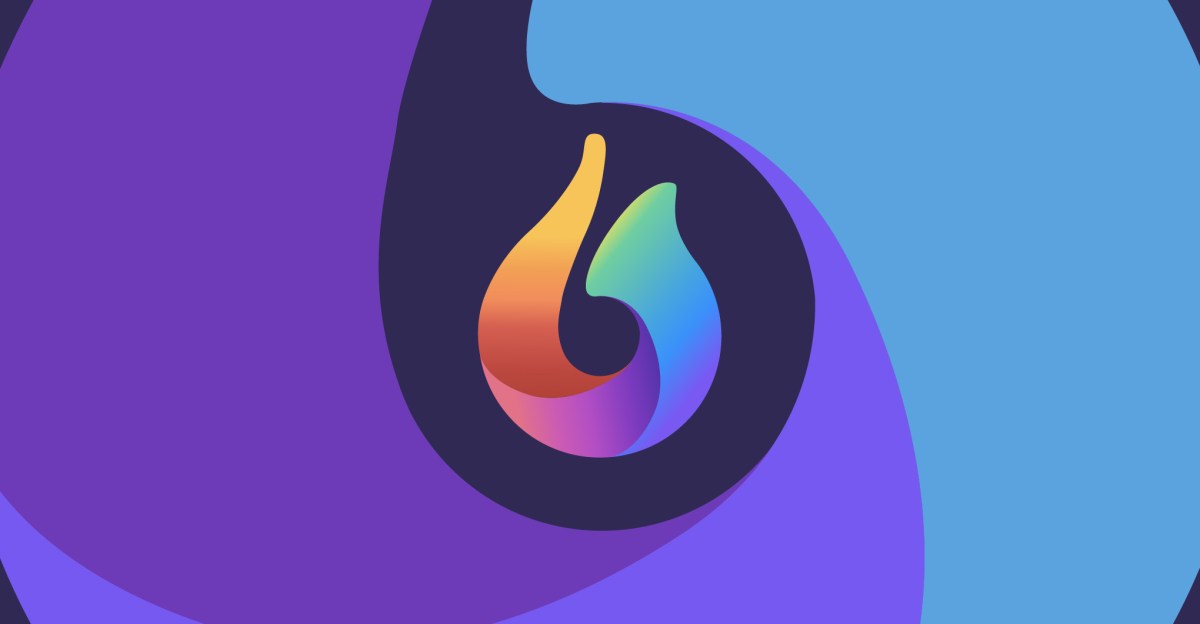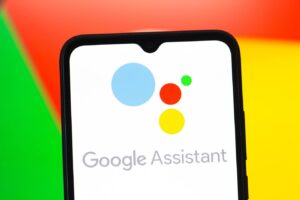Microsoft Introduces Dragon Copilot: An AI Assistant Designed for Healthcare

Introduction to Microsoft Dragon Copilot
Microsoft has recently unveiled the Microsoft Dragon Copilot, an advanced AI system designed specifically for the healthcare sector. This innovative technology can listen to conversations during clinical visits and automatically generate notes based on those interactions. The development of this system is significantly influenced by the voice-dictation and ambient listening technologies from Nuance, a company Microsoft acquired in 2021.
Key Features of Microsoft Dragon Copilot
The Dragon Copilot aims to enhance healthcare documentation processes through several impressive features:
- Multilanguage Ambient Note Creation: The system can generate notes in multiple languages, making it a valuable tool for diverse patient populations.
- Natural Language Dictation: Clinicians can speak naturally, and the AI will accurately transcribe their words into structured notes.
- Task Automation: Dragon Copilot automates numerous routine tasks, including:
- Creating referral letters
- Summarizing clinical evidence
- Generating after-visit summaries
- Executing conversational orders
This automation is designed to significantly reduce the time healthcare workers spend on paperwork, allowing them to concentrate more on providing care to patients.
Enhancing Clinician Experience
According to Joe Petro, the Vice President of Microsoft Health and Life Sciences Solutions and Platforms, the primary goal of Dragon Copilot is to alleviate the administrative burden faced by healthcare professionals. By minimizing time spent on documentation, clinicians can better focus on their patients. Microsoft’s internal research indicates that healthcare providers utilizing Nuance technology experienced less burnout. Additionally, 93% of patients reported satisfaction with their overall healthcare experience when these AI tools were implemented.
The Wider Landscape of AI in Healthcare
Microsoft is not alone in the medical technology space. Other companies, including Google, are also developing AI solutions tailored for healthcare settings. For instance, Google Cloud recently showcased how its AI tools help healthcare providers create virtual assistant agents that automatically identify potential health risks in patients. They have also introduced multimodal image-search features through their Vertex AI Search product, further enhancing medical practices.
Regulatory Considerations for AI in Healthcare
As advancements in generative AI for healthcare accelerate, it is crucial to recognize both the benefits and potential risks associated with these technologies. The FDA published guidelines on generative AI devices in healthcare, highlighting important considerations. While these systems can offer significant advantages, such as improved accuracy and efficiency, there are concerns about AI models potentially fabricating information. Research from last year noted instances where AI transcription software, like OpenAI’s Whisper, encountered issues with inaccuracies.
To address these challenges, Microsoft asserts its commitment to “developing responsible AI by design.” The company emphasizes that Dragon Copilot’s functionalities are built on a secure data framework, equipped with clinical, chat, and compliance safeguards tailored for accurate and safe AI outputs. This commitment aims to maintain a balance between technological innovation and patient safety, ensuring that healthcare providers can trust in the AI tools they are using.
Conclusion
Microsoft’s Dragon Copilot represents a significant advancement in the use of AI within healthcare, combining innovative features to enhance the efficiency of clinical documentation while aiming to improve both clinician and patient experiences. The ongoing evolution of AI in the medical sector is positioned to transform how healthcare is delivered, ensuring that professionals are supported in their essential work while patients benefit from an improved care experience.






